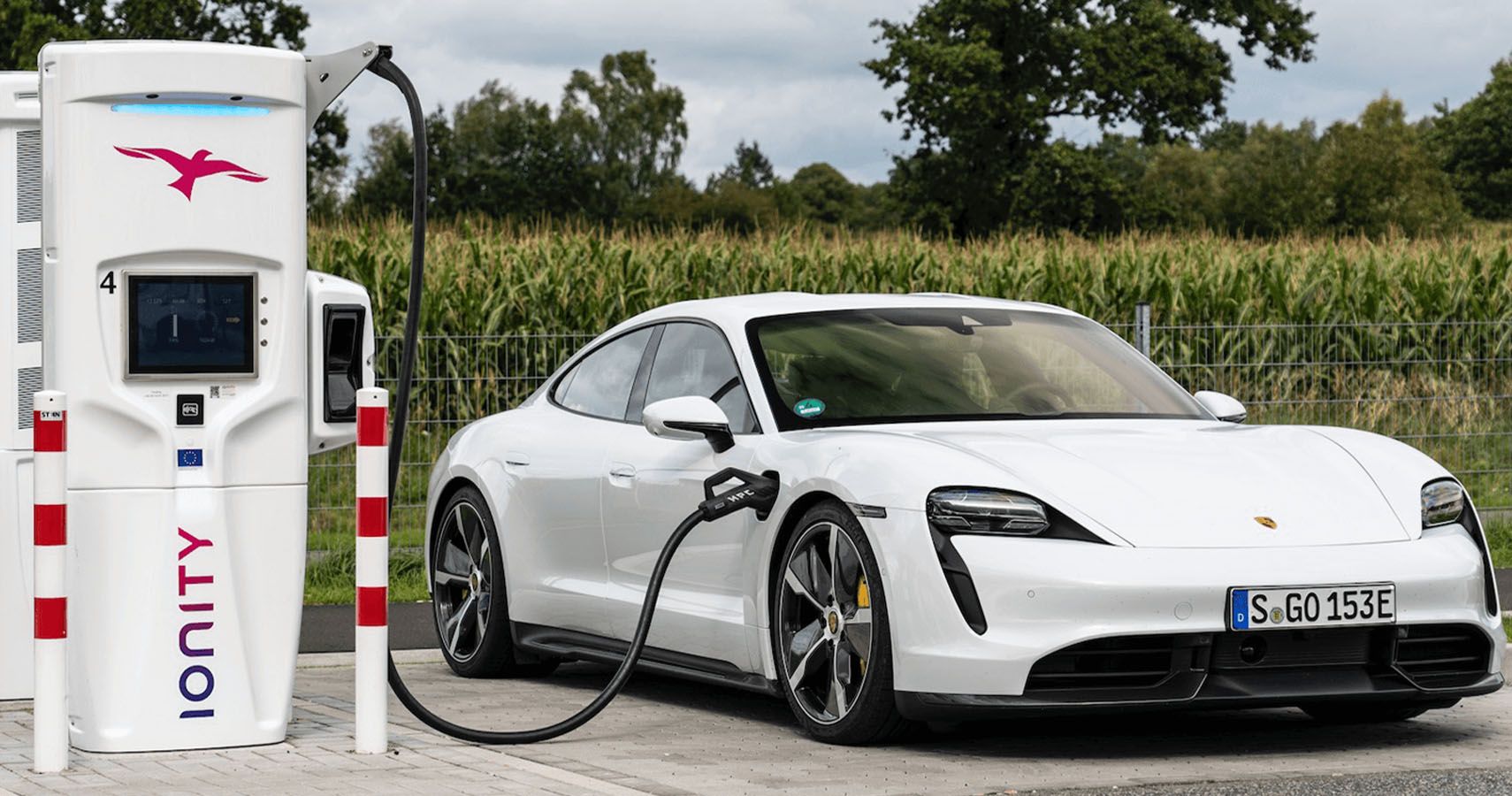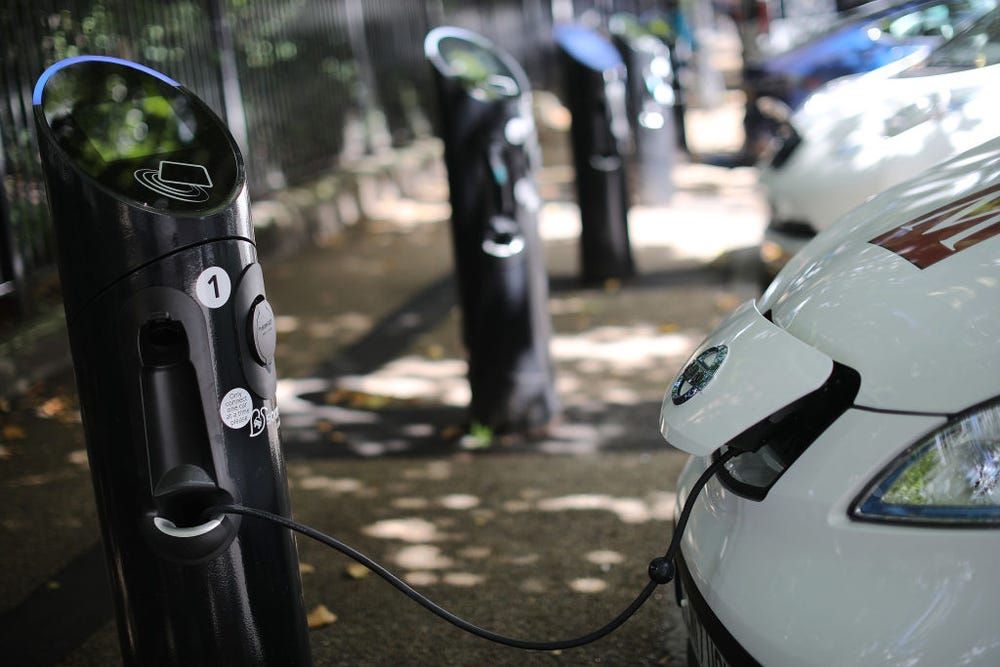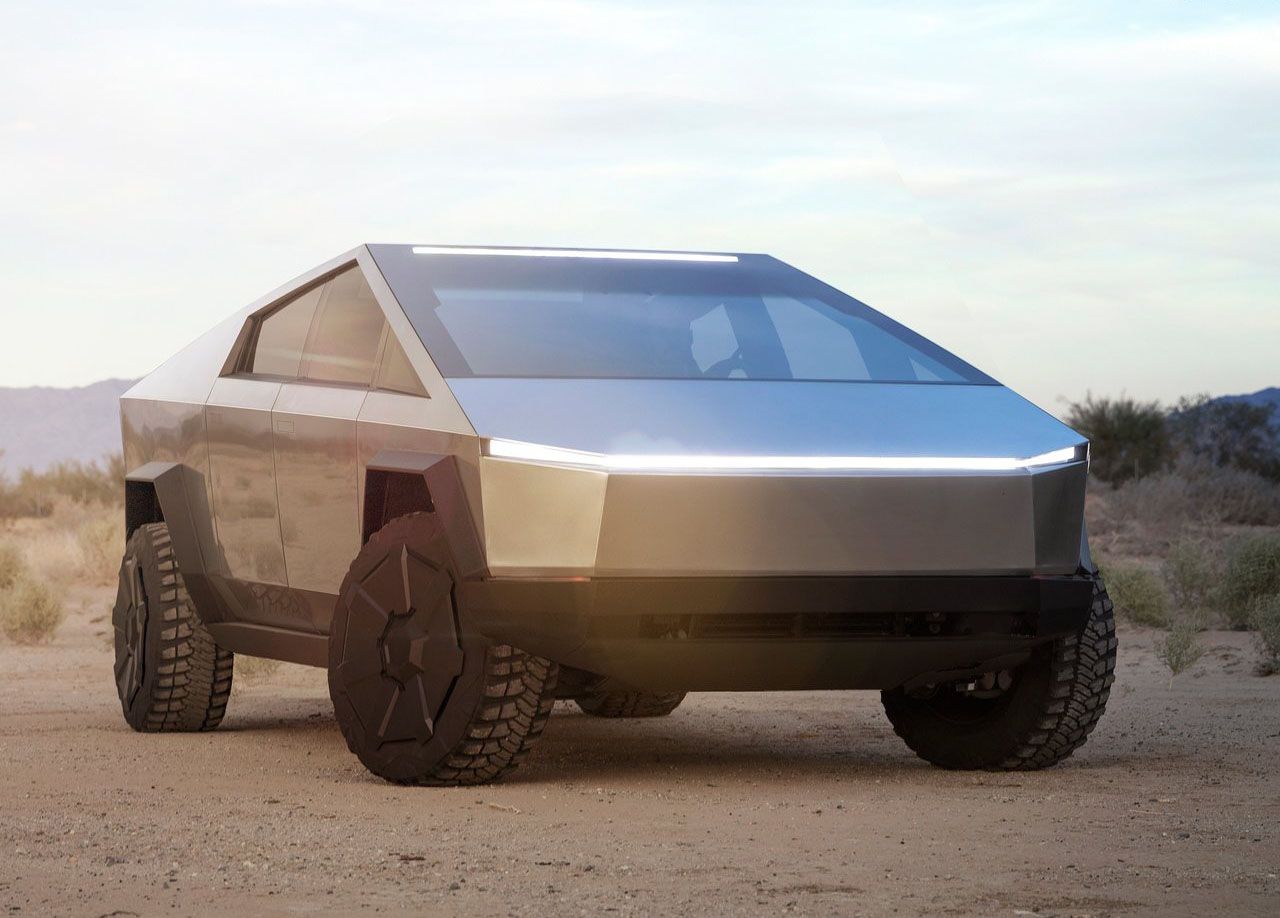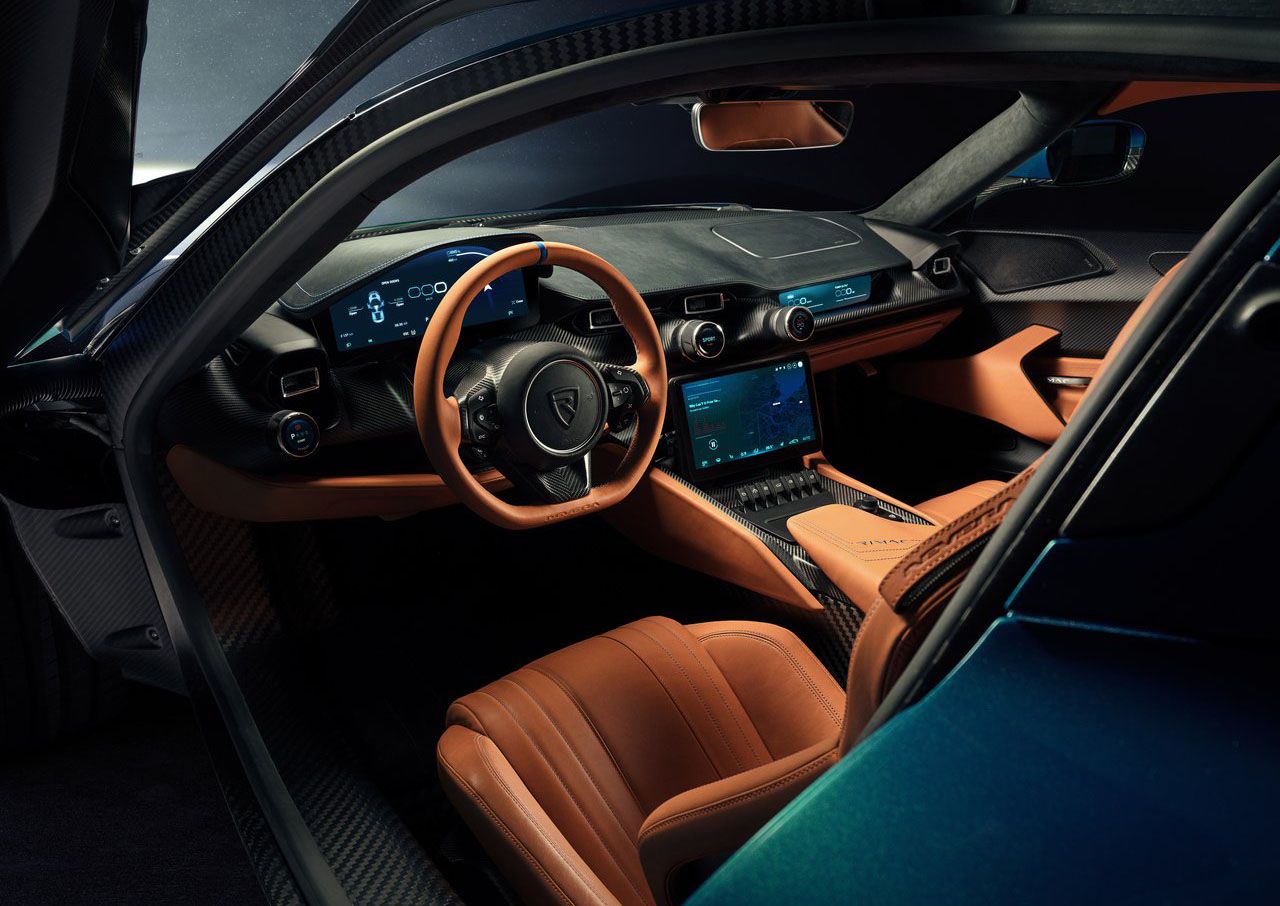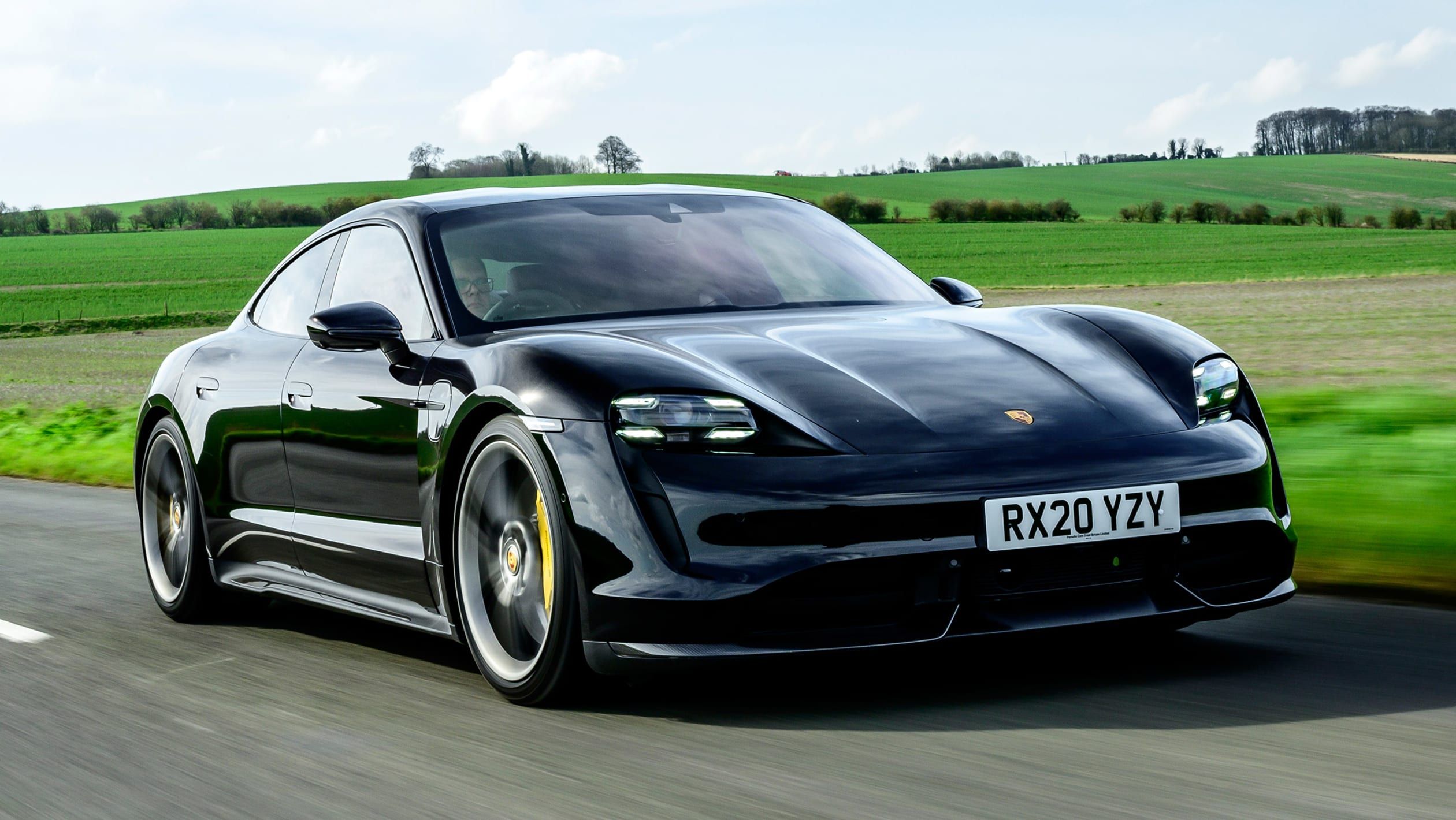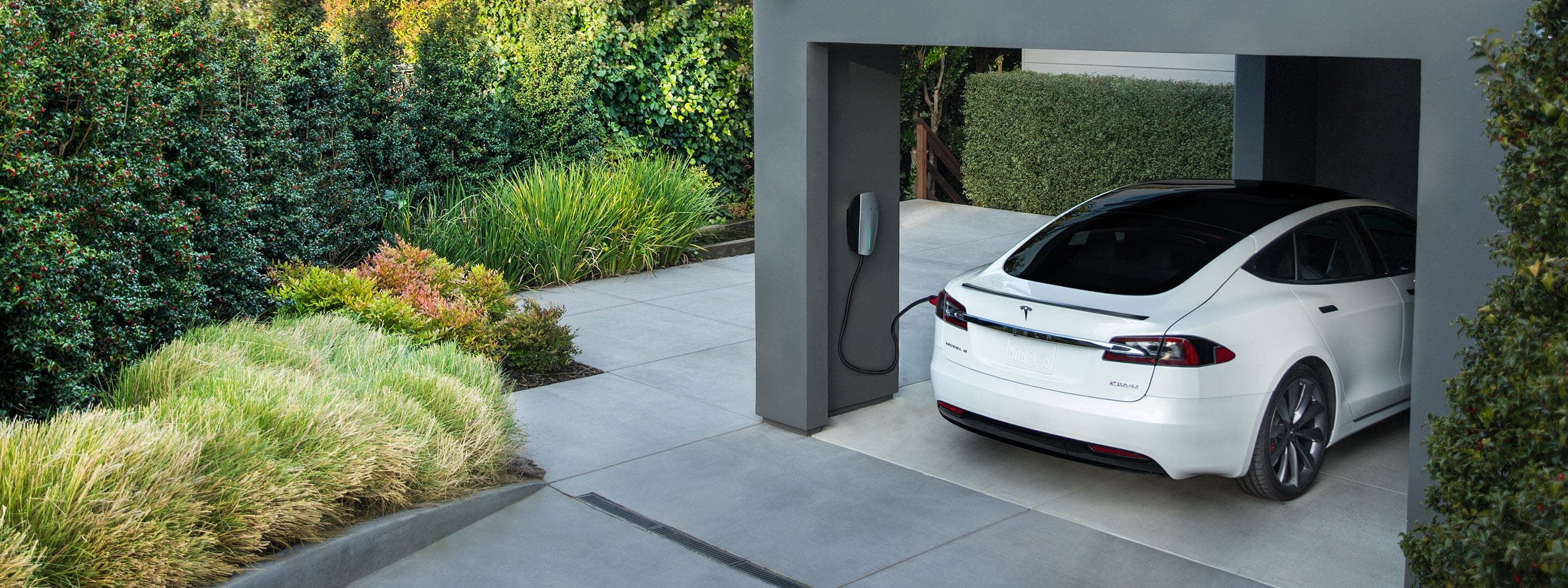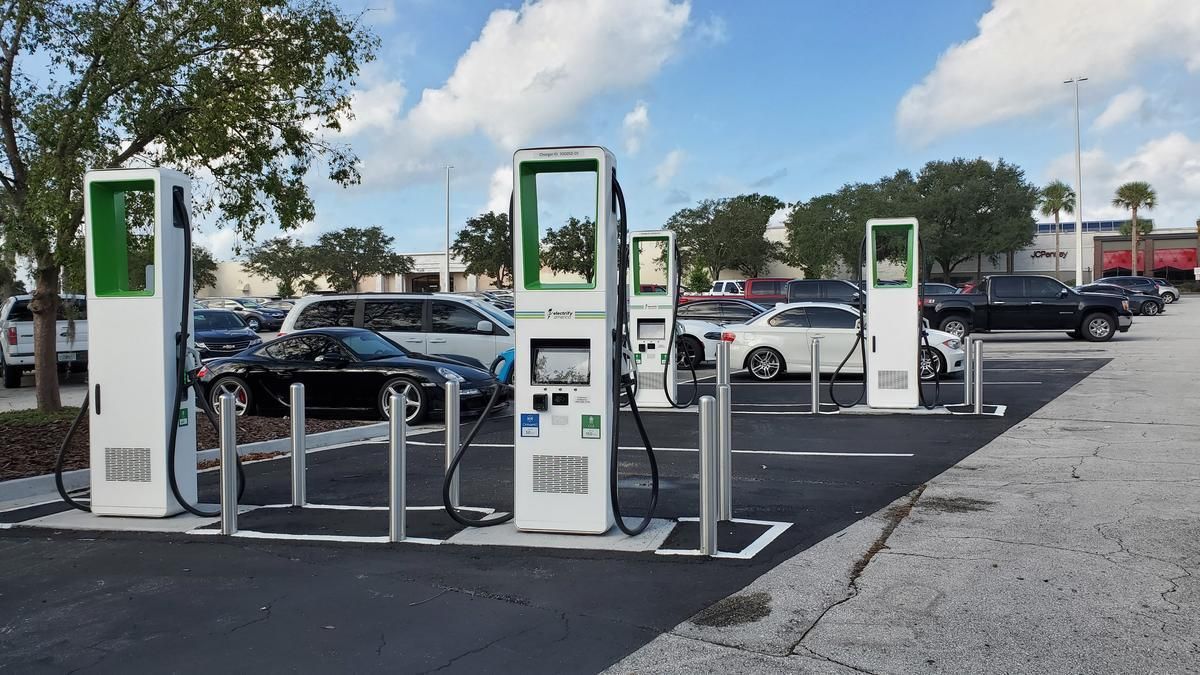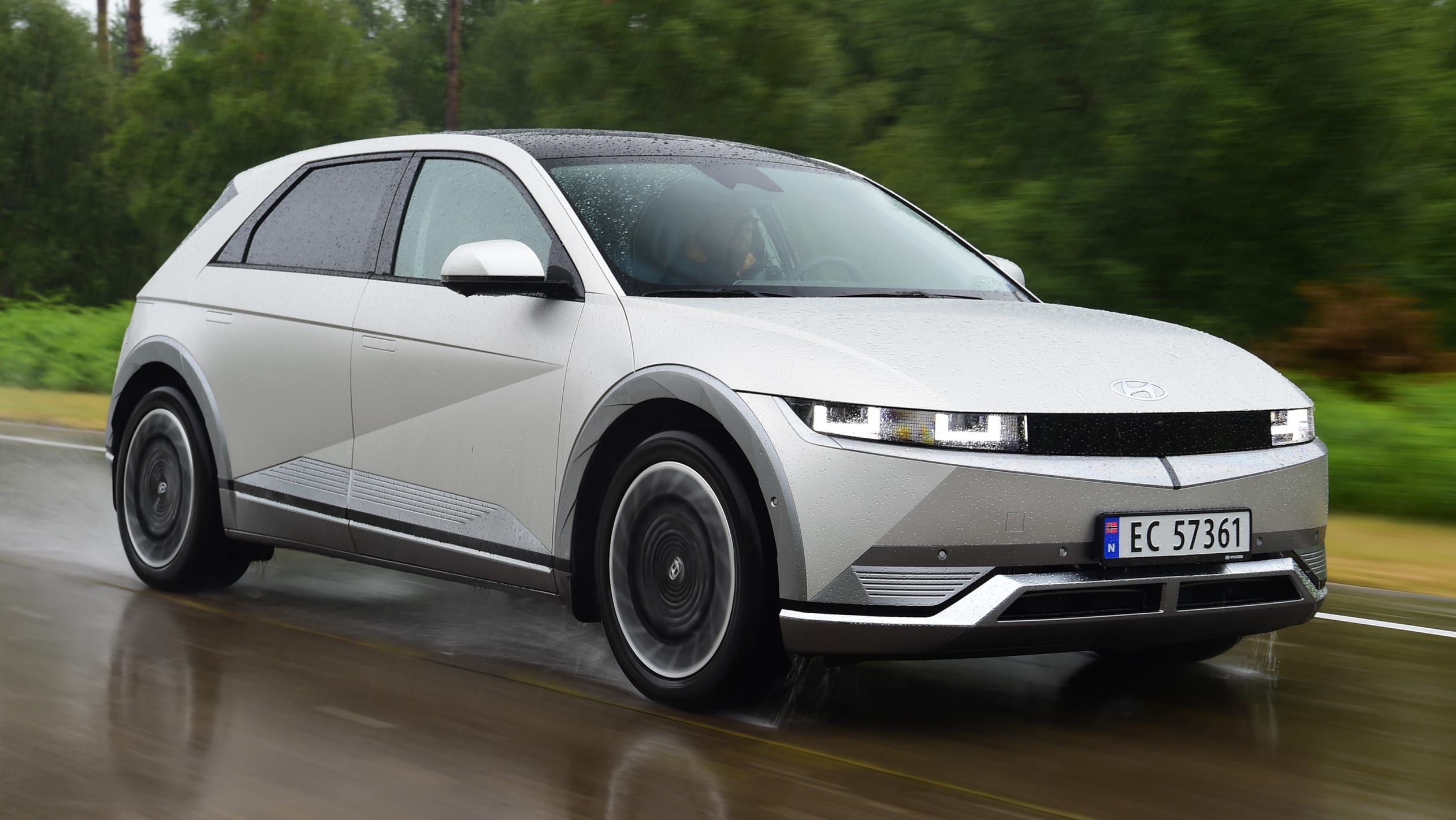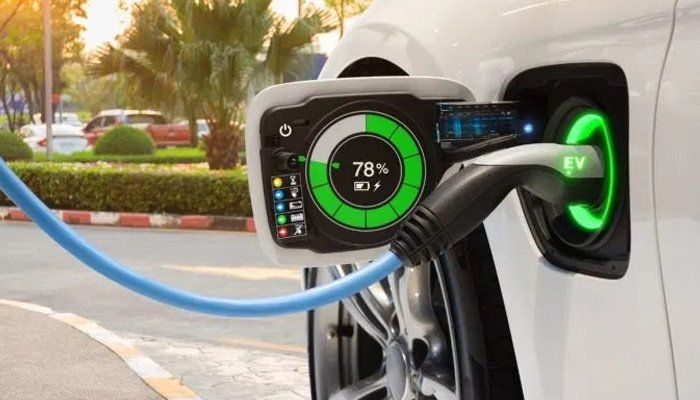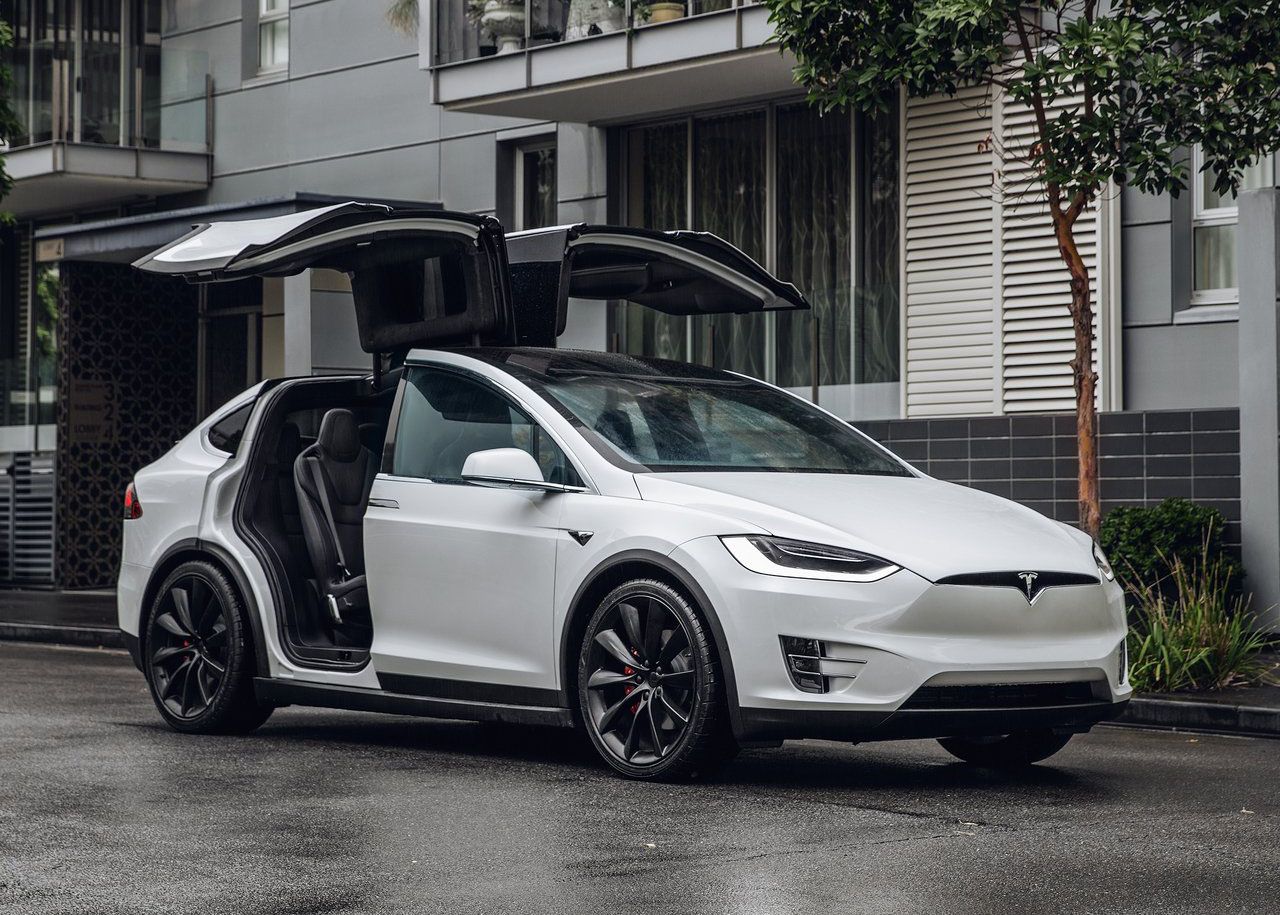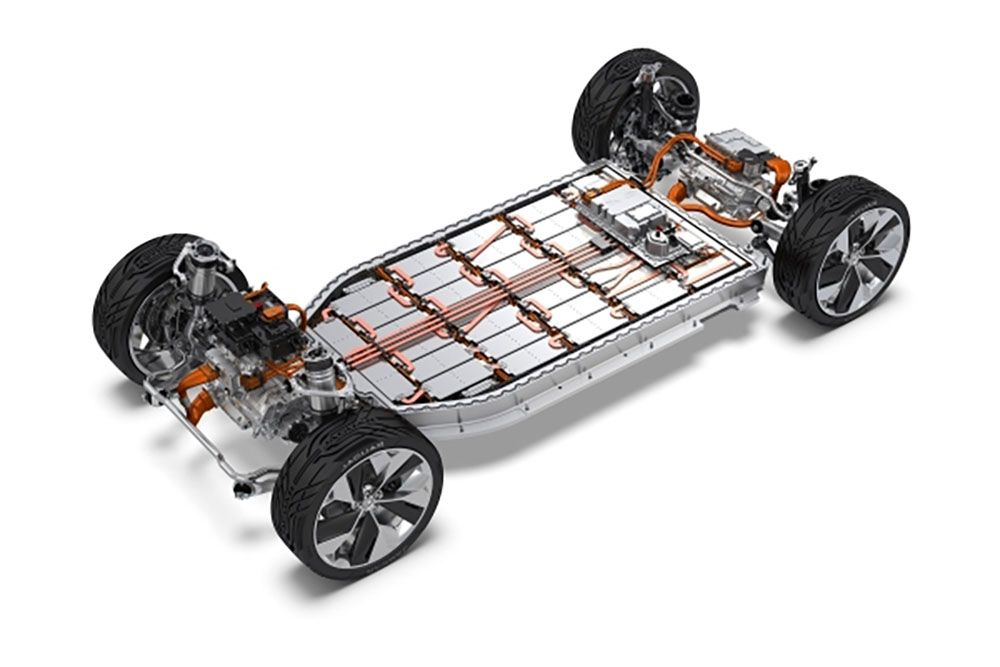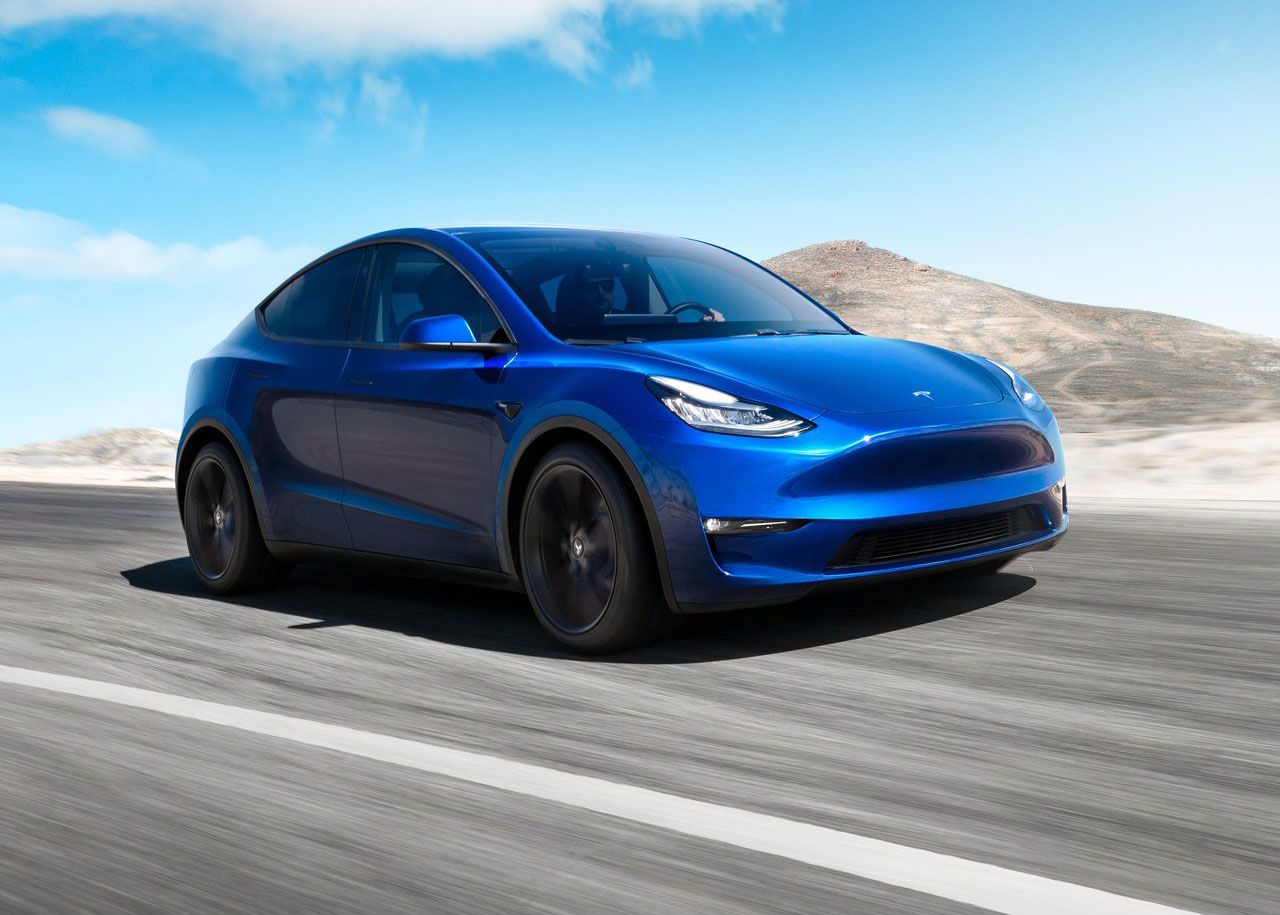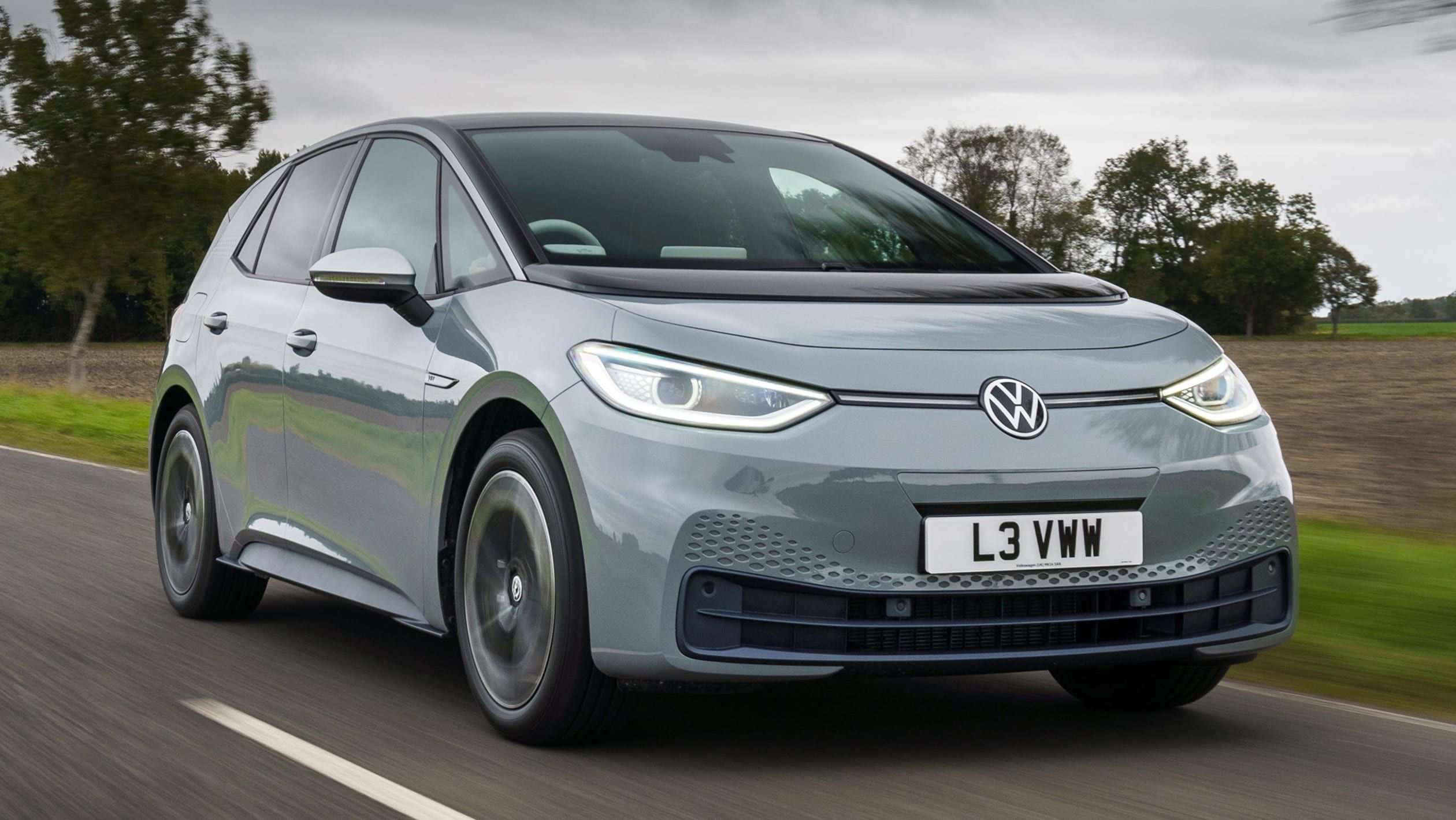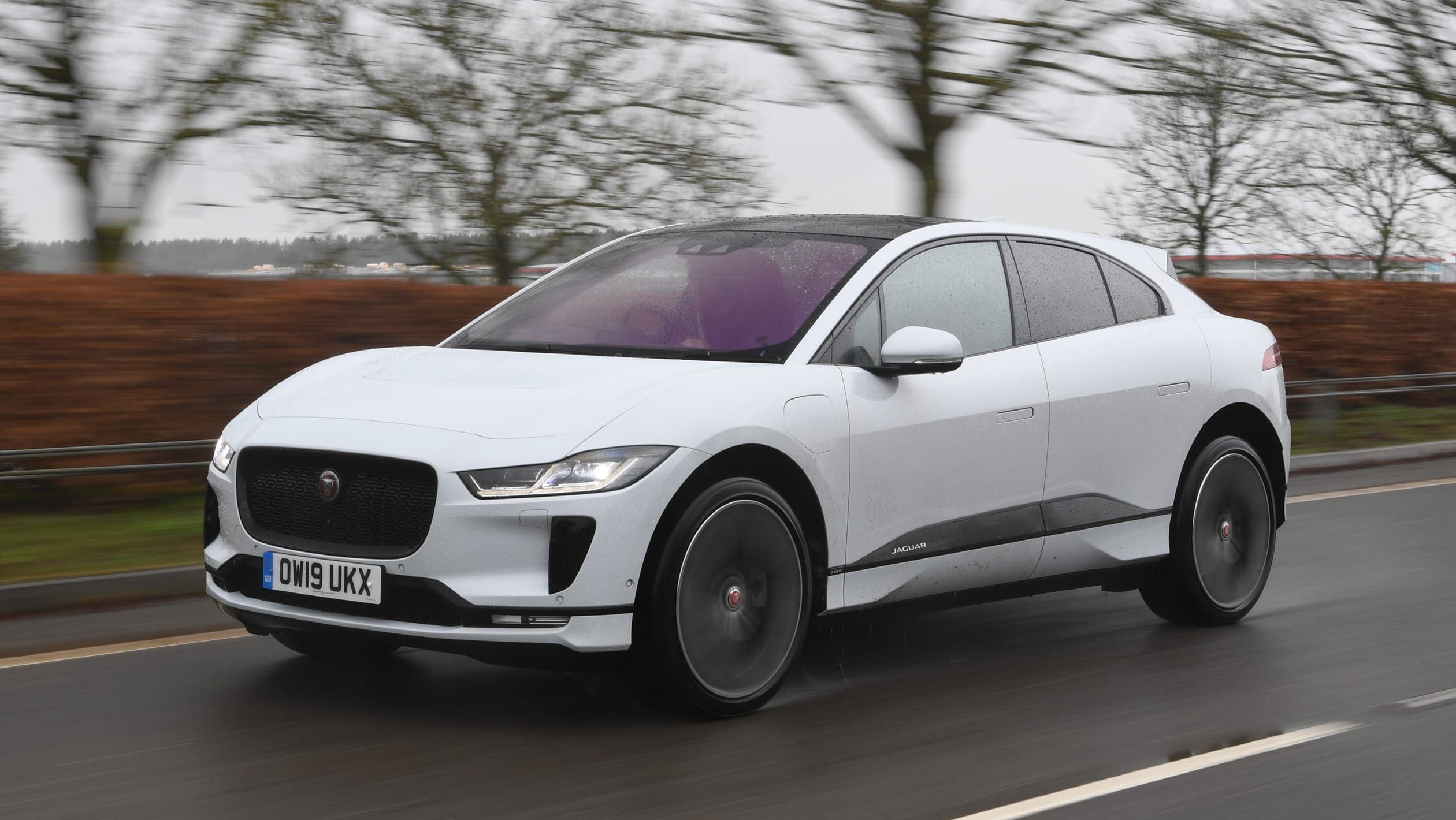The automotive industry is witnessing the most significant change since Henry Ford built his first car production line in 1913. Electric vehicles are taking over and many people are embracing them. Many car manufacturers have committed to start selling only electric cars in the future. This future might come sooner than expected, with Jaguar planning to go fully electric from 2025, Volvo from 2030, and Lotus from 2028.
Besides saving the planet by going green, electric cars promise to make it cheaper to own and run a vehicle. While this holds true with increased advancements in EV technology, there are costs that people rarely consider when buying an EV. Read on to find out some of the EV ownership costs that you should know before buying your next electric vehicle.
8 EVs Cost More Than ICE Vehicles
Electric vehicles are simply more expensive to buy than their gasoline or diesel equivalents. For example, the Mini Cooper Hardtop costs $24,250 while the mini electric costs $30,750. The Hyundai Kona costs $21,440, while the electric version of the same car costs a whopping $38,330. While the Kona Electric is more powerful and will save money on monthly running costs, the much higher buying cost of the EV is still worth noting.
Additionally, government incentives are one of the factors that make EVs much cheaper. However, not all EVs qualify for the $7,500 incentive; hence they lose this advantage over their ICE counterparts.
7 Higher Insurance Premiums Than Traditional Vehicles
EVs attract higher insurance premiums due to several factors. Electric cars are more expensive since they are loaded with advanced technology such as high-capacity batteries and other sophisticated car parts. Repairing or replacing these electric car parts is costly, hence the high insurance premium.
Also, electric car battery replacements are common since batteries have a shelf life or a given life before they start underperforming or stop working. The prices of lithium-ion are currently high, and until the costs start to decrease, or alternative battery technology is introduced, the insurance premiums will remain high.
6 Battery Lease Schemes
Popular EV models come with battery leasing schemes to lower the overall cost of the car. This scheme means car owners buy most of the vehicle as they normally do, but they have to rent the battery, which remains the Manufacturer's property. The owner then has to pay monthly rent for the battery. The lease premium depends on the number of miles you expect to cover and the length of time you sign up for the leasehold.
Typically, lease schemes cost around $68 to $135 per month, depending on car and usage. The downside is that you have to keep paying every month for as long as you own the vehicle.
5 EV Charging Station Installation Cost
Charging an electric car at home helps cut down the running costs in the long run. When installing a home charging station, prices vary depending on location, the type of station to install, and whether it is portable or hardwired to the home. According to Home Advisor, level 1 charging stations start from $300 to $600, level two costs between $500 and $2,200, and level three costs between $20,000 and $50,000. Note that level three is designed for commercial purposes.
Plugged-in charging stations command a higher cost than hardwired stations. Add the installation labor cost that varies depending on the station type, and you have a hefty bill at hand.
4 Public Pay-As-You-Go Charging Is Pricey
Charging an EV at public charging stations costs much more than if you have a home charging station. For instance, in California, drivers pay about 30 cents per kWh at a Level 2 station and 40 cents per kWh for fast charging. That's about $16 to fast charge a car with a range of 150 miles from empty to full.
Charging the same car at home and in the same state where the average cost of electricity is 18 cents per kWh costs about $7. That is more than double the price for public charging, which shows the importance of installing a home charging station.
3 Increased Costs With Increasing Range Demand
EV customers want a car that can go the farthest with one charge. A study by the Transport Research Laboratory (TRL) found that only half of the consumers are likely to buy an EV with a range of 200 miles or less and that 90% of them would consider buying the same EV if its range was increased to 300 miles.
Increased mileage calls for bigger batteries. These come at a price; the customers have to pay more for the EV, and the added weight of the batteries affects the car's dynamic performance while reducing its efficiency.
2 Costs Related To The Manufacturer's Right To Repair
For at least the last two decades, ICE car manufacturers have been compelled by law to reveal details about their cars, and this gave room for the growth of an ecosystem of auto-repair shops, after-sale markets, and recyclers. However, the rise of electric vehicles has brought the intellectual property factor back in the automotive industry. EV manufacturers can prevent an owner from tampering with the car since the cars are simply containers of electronic equipment, just like Amazon's Alexa or the iPhone.
Consequently, car owners are held hostage by the car companies and cannot use their local and affordable mechanics and have no option but to accept large repair bills.
1 Lower Resale Value Compared To ICE Vehicles
While electric car resale value has been rising, traditional gas-powered vehicles currently have a better resale value than electric vehicles. According to Bloomberg Quint, electric cars and plug-in hybrids have an average resale value of less than 40% of the original price. Conventional cars average about %50 to %70 %.
Consumers are concerned about the performance and quality of old batteries, which hurts the secondhand market for electric cars. Additionally, the EV market is affected by customer preference, whereby many people desire to drive trucks and SUVs, but there are still few electric options for SUVs and trucks.

